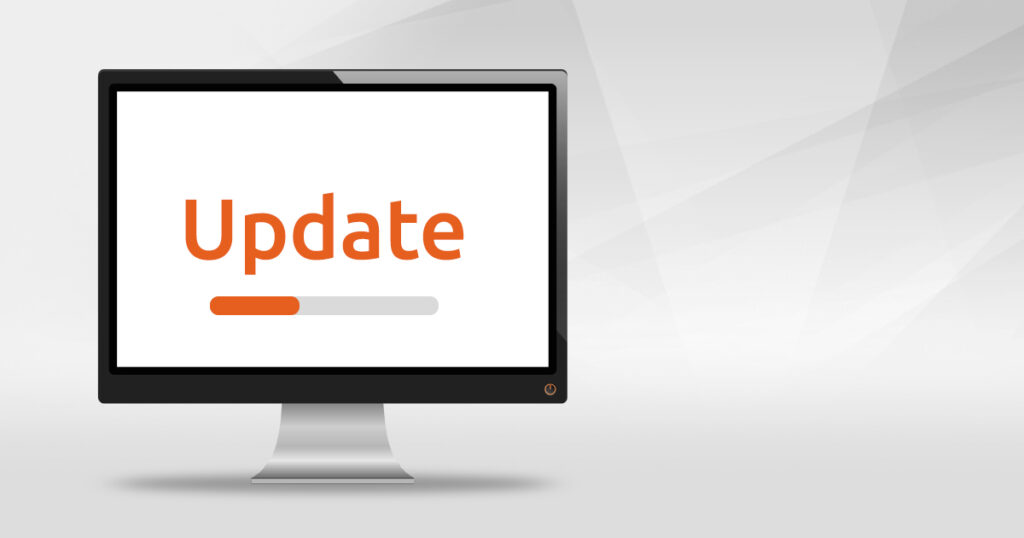Communication and contact are easier than they have ever been in today’s modern business environment. However, as our operations become more computerized and web-based, the need to preserve information and minimize the leaking of critical corporate data grows.
We work from a distant location, access records on our mobile devices, and connect with colleagues and friends while on the go. A cyberattack could go after many different kinds of electronic devices, like computers, phones, and tablets.
The rise of social networking and the introduction of new technologies and media into the workplace have made it easier than ever to steal data.
As the number of networked devices expands, so do the potential points of entry for a breach. It is only natural to safeguard and manage data stored on numerous servers, directories, USB sticks, and mobile devices dispersed over different networks.
Even though the internet world is rife with startling statistics about data breaches, this article details some important procedures your business should do to provide the highest level of protection for any sensitive data it stores, as applied to the Helm repository by JFrog.
Determine Critical Information
The first step in securing your network is to be aware of the locations of your sensitive and vital data. You can’t protect vital data as effectively as you could if you don’t know where it’s kept. Companies must be aware of the amount and location of their data and create a standard data coding system, to ensure that sensitive information is accurately labeled and that all staff understands its value.

Consider using data loss prevention software to aid you in detecting any disruptions or leaks in your data as well as securing the essential information contained inside your network.
Monitor Activities and Access
Following the successful identification of sensitive data, the next step is to monitor and analyze the activity and access associated with the data. Having a clear picture of your network and the ability to minimize data leakage are both advantages of visibility, which enables you to identify, manage, and monitor data throughout your entire organization in real time.
Furthermore, the capacity to detect any odd behavior, such as downloading suspicious files, copying or deleting information, or providing secure access, may aid in the prevention of data breaches long before they occur.
Check Suppliers’ Security
You accept their risks and expose yourself to their weaknesses when you work with third-party services. Before engaging with a vendor, it is critical to do a third-party risk assessment to identify and understand the many sorts of risks associated with their organization. It is therefore your responsibility to monitor the security posture of the vendors to detect any newly identified risks or vulnerabilities.
Protect All Endpoints

An endpoint is a device that is connected to the ultimate destination of a data transfer. Despite what seems to be self-evident, the expansion of internet-connected devices has increased the number of endpoints, making it substantially more difficult to safeguard all endpoints, which is particularly troublesome in the context of remote work globally.
Each device connected to a network now constitutes a possible danger to the network’s security. As a result, if a cybercriminal succeeds in penetrating a device’s endpoint security, they will have a lot easier time moving laterally across the network.
Encrypt Your Data
Data encryption happens when information is converted into a new code or form, making it legible only to those with the necessary decryption key or password. If sensitive data is released, data encryption can prevent attackers from easily accessing it by adding an extra layer of security. It is critical to emphasize that, although data encryption is a useful tool in the event of a leak, it should not be the only option used to avert a full-fledged security breach. Encryption of sensitive data should be used in combination with the other guidelines mentioned in the article for organizations to consider.
Maintain a Record of All Network Access
The more corporate network traffic that is monitored, the more likely it is that suspicious behavior will be discovered. Cyber-attacks are often preceded by reconnaissance operations. This is because hackers must first assess the specific defenses they must overcome to carry out their attacks successfully.
Data leak prevention solutions let companies find and fix any security issues, which makes it less likely that snooping will be done against them.
Assess Permissions

People who do not need access to your private information may nonetheless be able to view it at this time. As a first line of defense, ensure that none of the permissions are being unlawfully exploited to enable access to approved persons or organizations.
Following confirmation of this, the critical data should be divided into different levels of secrecy so that access to the various data pools may be managed. Only reliable personnel who satisfy all of the required criteria should be granted access to highly confidential information.
This process of granting privileged access may also reveal malicious employees who are assisting in the theft of sensitive data.
Educate Your Workforce
Combating ignorance is one of the most effective ways to keep one’s data safe. It is vital to educate your employees on how to protect data from being compromised.
You may do this by coaching your employees on how to generate secure passwords, how often they should change their passwords, and how to spot, avoid, and report phishing attempts and other types of suspicious activities.
Destroy before Dumping
Make sure that any private information has been properly destroyed before throwing away anything.
For example, use a cross-cut approach to shred paper files. Additionally, use software designed to delete data from devices such as obsolete mobile phones, PCs, or hard drives. The data will not be destroyed even if the files are reformatted or deleted.
Keep Software Updated

To avoid a security breach, it is essential to implement all required protections. You can purchase security software and configure it to operate automatically 24 hours a day, seven days a week.
Firewalls, anti-virus software, and anti-spyware software are three critical kinds of software to utilize to secure your firm against data breaches. You should collaborate closely with an internet security team or provider to verify that everything is properly set.





